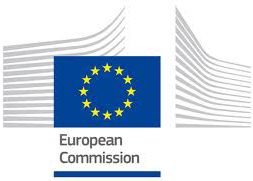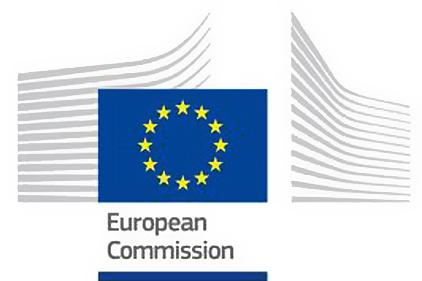
|
| The European Commission continues to deal with issues related to long-term use of HFC refrigerants. |
The latest announcement from the EC involves a proposal in draft form to phase down HFCs beginning in 2015 and continuing until 2030. According to Climate Commissioner Connie Hedegaard, a Danish politician, “The proposal introduces a phasedown measure that from 2015 limits the total amount of the most significant group of F-gases — hydrofluorocarbons (HFCs) — that can be sold in the EU and reduces this in steps to one-fifth of today’s sales by 2030.”
Included in the proposal is a ban on some HFCs in some new generations of equipment if a “viable alternative is readily available.”
The development is part of an ongoing effort within Europe to either phase down or phase out what are considered high global-warming gases of which some HFCs fall into that classification, according to advocates of such a phase-down/-out action. They point out that a worldwide effort to phase out high ozone-depleting gases such as CFCs and HCFCs has been successful, while getting a handle on HFCs has not met with as much success. In fact, the EC said use of f-gases such as HFCs has risen in the European Union by 60 percent since 1990.
The environmental community in Europe has long questioned the move to HFCs from HCFCs when they considered nonsynthetic, extremely low global warming potential refrigerants such as CO2 and ammonia, which have high cooling properties when used as refrigerants. While an increasing number of CO2, HC, and ammonia systems have been developed as alternatives to f-gas systems, some manufacturers have expressed concerns over the energy efficiency of much of the natural refrigerant-based equipment.
Another aspect relates to the range of applications for CO2. Andrea Voigt, head of the industry group European Partnership for Energy and the Environment (EPEE) that represents air conditioning and refrigeration manufacturers and installers, said, “EPEE argues CO2 cooling is less effective when used in hotter parts of southern Europe, for technical reasons.”
The call for action within the EU comes amidst concern over the potential long life of HFC operating units that could increasingly develop more and more leaks as they age. But any proposals from the EC face debate before even going to the EU for a vote.
Publication date: 1/21/2013



Report Abusive Comment